Gridserve has opened a new EV charging hub at Gatwick, claiming it's the first such large-scale facility at a European airport.
The British company's third hub, after those in Braintree and Norwich, is on the airport's approach road, just off the M23 between London and Brighton.
Claimed to be "one of the most advanced electric car charging facilities in the world", the new facility is equipped with 30 chargers, 22 of which use ultra-fast CCS connectors and can supply rates of up to 350kW, adding as much as 100 miles of range in 10 minutes.
Four Tesla Superchargers have also been installed but are yet to be energised.
Speaking to Autocar at the site’s launch, Gridserve CEO Toddington Harper said: “Our goal is to give people confidence to charge on the motorway network as quickly as they possibly can with a minimum of six high-powered chargers.
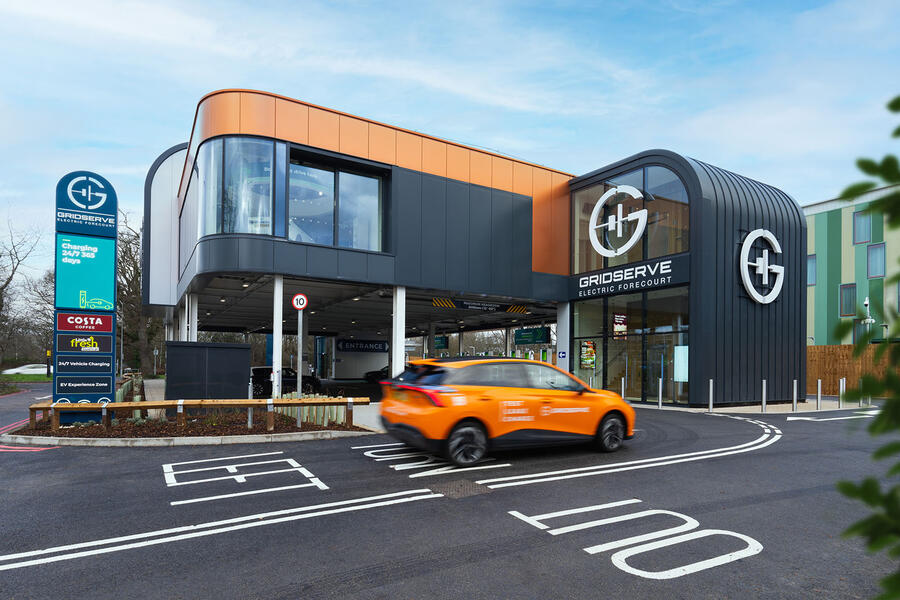
“We want people to get the confidence that they can go anywhere in the country without any stress and in an excited way, because they know that they're going to have great charging facilities with the right amenities.”
The facility is supplied directly by the national grid, but Gridserve tops the grid back up with an equivalent amount of energy generated by its own solar farms, such as that in Clayhill, which at its peak generates 10MW. This will make the Gatwick hub effectively powered entirely by renewable energy.
There's also a 6MW battery on site to increase power supply at peak times.
The chargers are connected to the internet, so users can check availability and individual charge levels from elsewhere.
Harper said this showcases Gridserve's plans to embrace "smart connectivity" as it expands its offering.
Soon, it will advise customers on which locations they should stop and charge at (and at which times) during longer journeys or give them an alternative recommendation if the closest is full.
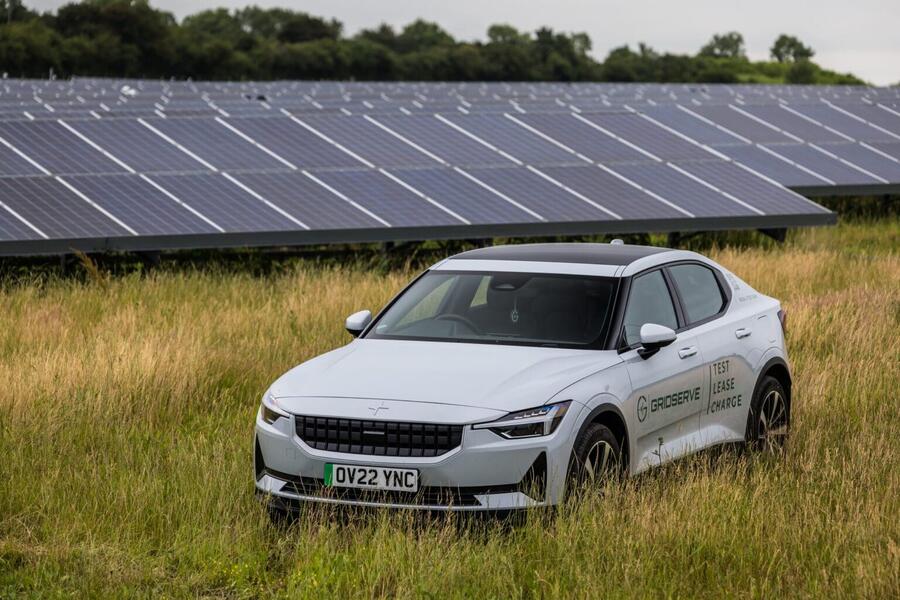

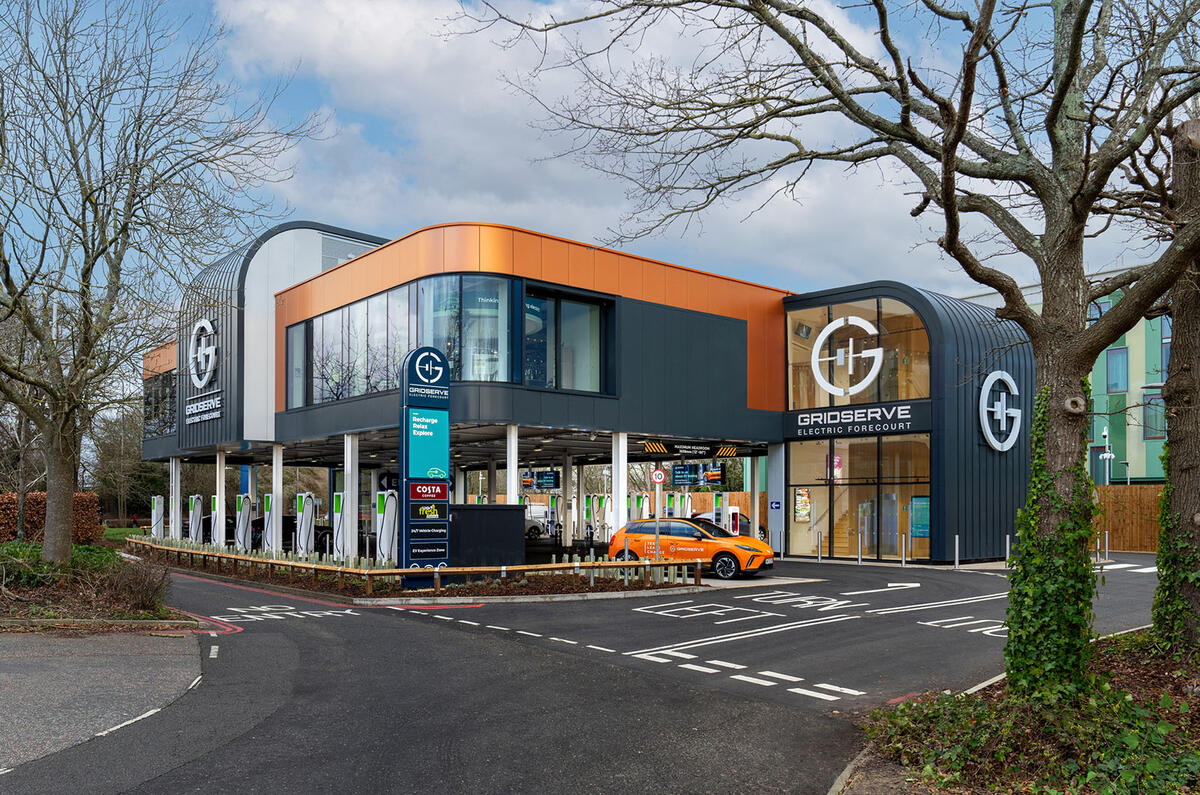

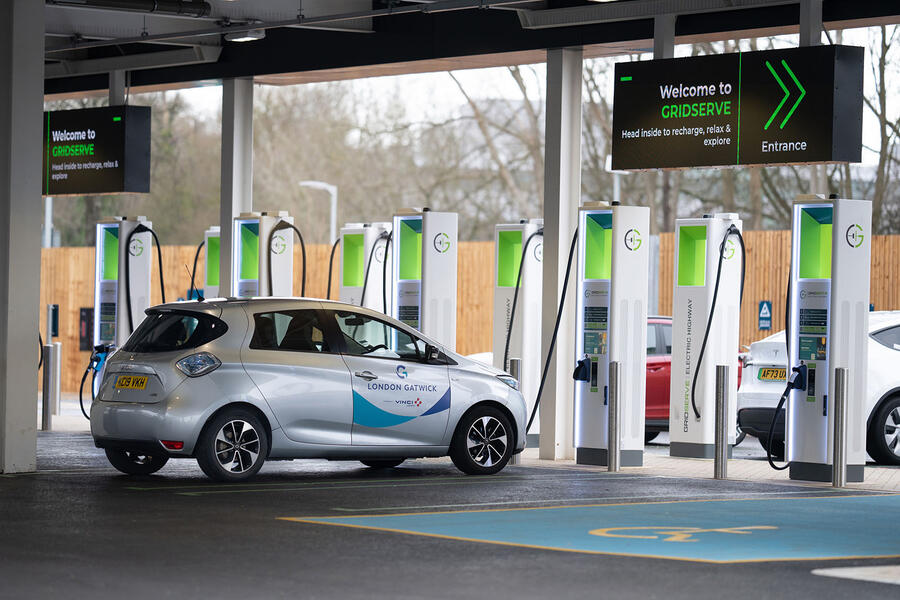
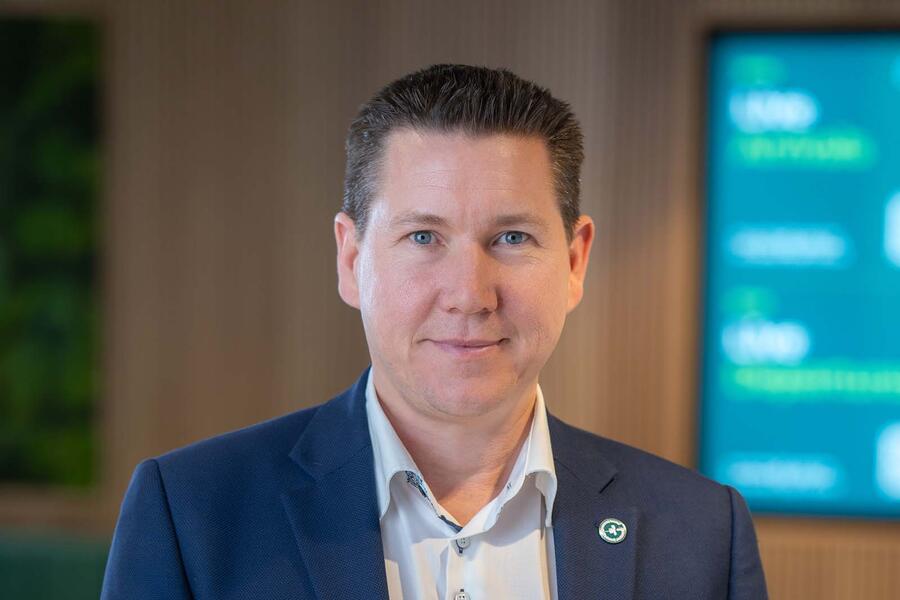
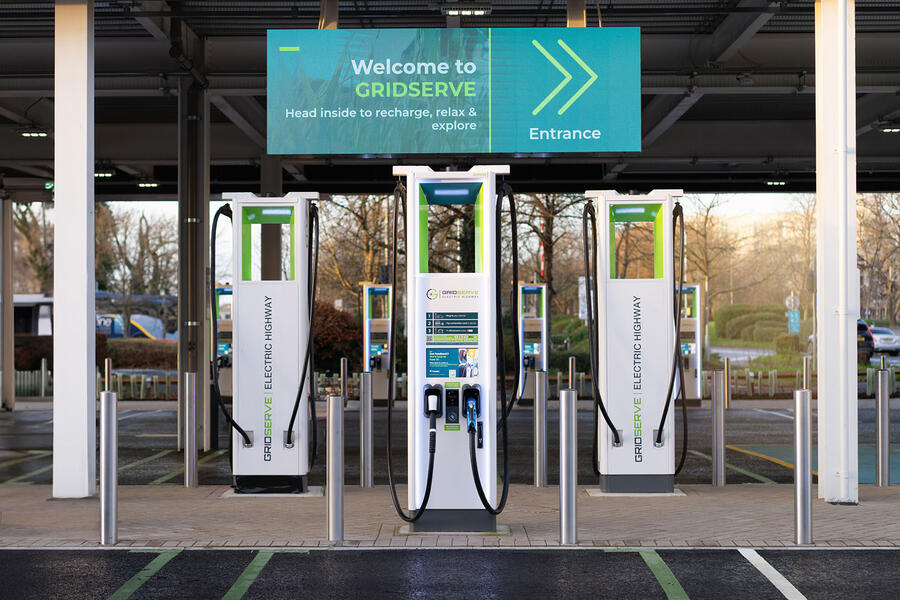





Join the debate
Add your comment
Rapid Chargers are definitely needed at airports in case people need to charge when picking up or dropping off. Incredible that it's taken this long for airport owners to realise this. Full marks to Gridserve for dragging one airport into the 21st Century.
I was wondering if/when Autocar last ran an article on a petrol station opening? Maybe they will start to do articles on them closing down when demand drops too low (sometime after 2050 i suspect).
An idea of how much they charge per KWH would have been a useful thing to add to the article, unless that doesnt fit with the 'pro EV' narative?
79p/kWh for rapid, 49p/kWh for fast according to Zapmap. So standard, but exorbitant rates compared to home charging.
Thank you. Further proof EVs are just for company car users right now!
I find it quite astonishing that the rapid rate is roughly the same as 23mpg on petrol and that is without making a really generous contribution to the government finances.
More like 32mpg I think dependent on your maths, and yes youre right about not filling the govts pockets, I suspect its filling the providers pockets instead. Hopefully as there become more chargers there will become a competitive market driving prices back down.
What rubbish, just what percentage of people use electricity garnered from 79 a kwh charger. Some people use cheap rate electric at 8p a kwh so how does that figure in your anti bev calcs.
Petrol stations will start closing in the 2020's. Peak demand for fossil fuels is approaching fast, just read the IEA and Bloomberg reports. Get out now, before combustion cars turn into stranded assets.
“When you turn up here in a petrol car, it feels a little bit old-school."
Spoken like a true saleman. I don't have to sit around in the middle of nowhere waiting for my old car to charge. A 350w charger won't charge a 77kw MG4 any faster - so how far will an hour charge take you? Of course it won't be an hour, it'll be 50mins otherwise you'll get done for car park charges. And there's no mention of cost.
I'm not saying EV is rubbish but at present, it doesn't even come close to being a viable option for me.
Oh well if it's not a viable option for you then perhaps they should scrap BEVs altogether.
I dont think you understand the difference between battery capacity, units of kWh (77 for your cited MG4) and charging speed, units of kW (max charging speed for said MG4 is 150kW). At 150kW, the MG4 would charge from 20-80% in 20mins (charging speeds tapers below 20 and above 80%).
I can see from your posts that EVs anger &/or scare you, being better informed would do alot to relieve this for you.